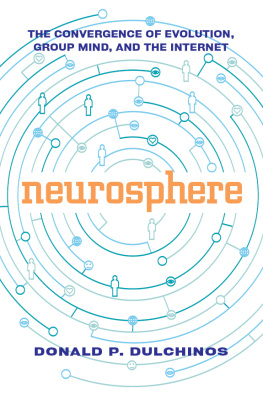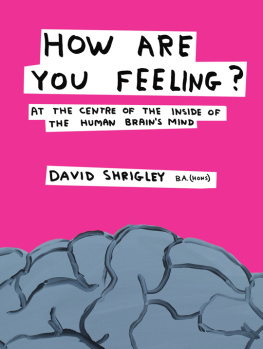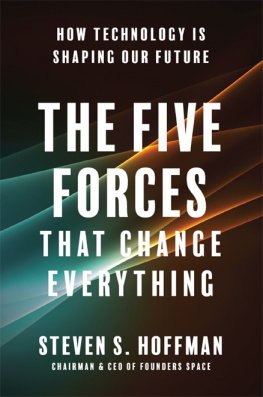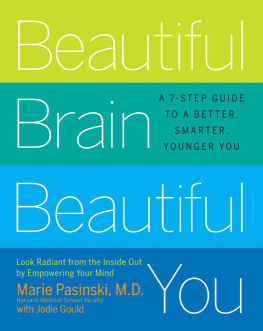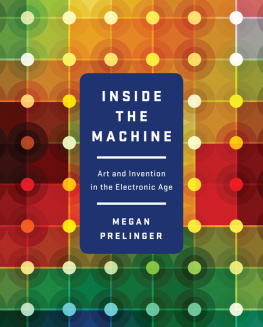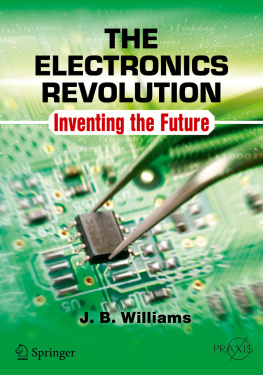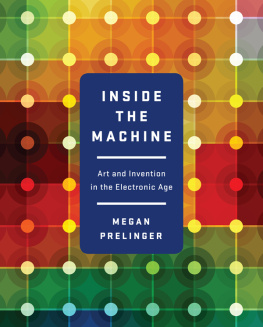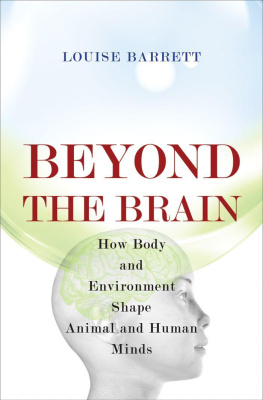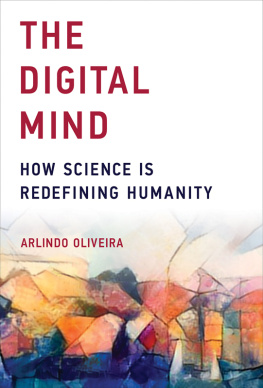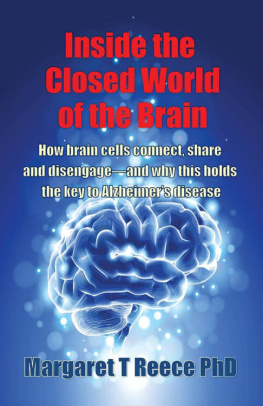About the Author
Donald P. Dulchinos is currently Senior Vice President, Advanced Platforms and Services, for Cable Television Laboratories. He has been Director of Research, National Cable Television Association, Economic Analyst with National Economic Research Associates, and Technical Information Specialist at the United States Library of Congress. He holds a Master's Degree in Public Administration from the University of Denver Graduate School of Business and Public Management, and a B.A. in Economics from Union College in Schenectady, New York.
He is a charter member of the Board of Directors of the Boulder Community Network, a member of the Society of Satellite Professionals, Past President of the Kappa Alpha Literary Society, and a Conference Host on The Well. In 2005, he was winner of the second annual Award for Leadership in Interactive Television by ITVT (InteractiveTV Today) magazine and its panel of industry leaders.
He is the author of Pioneer of Inner Space: The Life of Fitz Hugh Ludlow, Hasheesh Eater, and Forbidden Sacraments: The Survival of Shamanism in Western Civilization.
For more information on the themes of this book, please visit http://www.neurosphere.org.
Acknowledgments
Thanks to Steve Solomon, Marji Cooney Solomon et cetera, Carl (then) DeMatteo, and Gerry Coleman, who were there for the seminal extemporaneous homo electric discussions.
Thanks to Stuart Booth, who believed in the manuscript through the vagaries of publishing mergers and acquisitions. Also for the simpatico editing job.
Thanks to Jack Emery Taylor of Jetpax for the logo and the literary companionship.
And thanks to Carolyn, Zoe, and Teddy for putting up with the interminable tap-tapping.
D O THE EVENTS OF9/11 and beyond represent a brutal refutation of Teilhard's visions of progress and unity? Or are they just the first evidence that what Teilhard foresaw is coming to pass? I believe the answer is the latter, as revealed by a complex weave of war, technology, history, and spirituality.
The war on terror, as proclaimed by President Bush, is an incipient form of conflict within the neurospherenot across borders, but within the skin of a single global entity. That war will not be confined to Afghanistan, or Iraq, or any small collection of countries. The Al Qaeda network is said to operate within more than sixty countries. It is a stunning fact that they operated most successfully in Florida, a state upon which it will be hard for Mr. Bush to declare war. And it seems increasingly clear, after a year of this war, that the supply of fresh recruits to the terrorist cause continues to grow.
So how do you find and defeat this enemy within? On one front of the war, Richard Clarke, new cyberspace security adviser to the president, says, We must secure our cyberspace from a range of possible threats. How do we secure an asset whose value comes precisely, like airline travel, from its openness and ubiquity? How do we secure an asset whose value, says Bob Metcalfe in his description of the network effect, increases exponentially with the number of computersor conscious nodesconnected to it?
At the November 2001 Comdex trade show, the Mecca of computer geeks, companies slammed together last-minute market-positioning software and hardware as solutions for law enforcement and terror prevention. One concept that may be helpful is data miningthe technical approach at the core of Carnivore. This was once considered a paranoid fantasy, but has since been confirmed as a government initiative to monitor all Internet traffic for signs of crime. This technique is not fundamentally different from that employed by search engines like Yahoo, Ask Jeeves, or Google. What makes the technique relevant to our discussion is the assumption that so much human activity is now represented in one form or another on the Internet, and that, therefore, the mass of Web pages, chat rooms, and email logs, is a unified entity within which all information resides. Did I say an entity?
Perhaps the Web is, at most, only a metaphor of human activity. Yet it is searchable. All that is good or evil in the world, or any subset of the world that it represents, can be mined from within it. The Web underscores the interconnectedness that is here now, and growing.
The Panopticon, a surveillance technology of the 21st century (although the term was coined in the 19th), is about to be unleashed without the niceties of protected civil liberties or the illusion of privacy. This will mean that someone can be watching you, but also that you can be watching everyone. For every knee-jerk libertarian encrypting his banal emails, there is a Webcam exhibitionist begging you to look and see. We can run, but we can't hideand perhaps we shouldn't try. The march of technology is inexorable. It is part of human nature. And for those who scoff and point to the majority of the world still without electricity, let alone Internet access, I point to the ability of the poorest desert nomad to access Kalishnikov technology all too easily. And that is where history comes in.
Francis Fukuyama, who, with the fall of the Soviet empire, posited the end of history, was proclaimed irrelevant by competing pundits. But after 9/11, Fukuyama wrote, I remain right. Modernity is a very powerful freight train that will not be derailed by recent events, however painful. The progress of mankind over the centuries toward modernity, is characterized by institutions like liberal democracy and capitalism. What is missing from this formulation, of course, is a broader view of the range of human behavior. Democracy and capitalism are, I agree, the most efficient behaviors for achieving the equitable allocation of scarce resources. But its benefits are, unfortunately, strictly limited to domains external to the human.
Islamic fundamentalism is attractive precisely because it offers to fill a need for those who exist in repressive regimes beyond the reach of these benefits. That need lies beyond politics and economics, in a third realm of human existencespirituality. Unless we harness the long view of progress in the political and economic realms to the aspirations of this third realm, there will be no meaningful progress. Hence the angst of modern American life. Having just gone through another capitalist Christmas, I am happy for the materialist gifts that my children understand and need on a fundamental level. I remember, however, that they are a distant second to parental love and care, and are driven by deeper meaning. I find that I, myself, with so much time taken up by daily work and constant parenting, have only enough left to go and buy a few trinkets for myself. But when I consider this, I recognize how these actions leave me fundamentally unsatisfied.
Democracy at its best allows for the freedom of religion, but it does not guarantee its efficacy. My wife, who was not raised in a religious belief system, grew to place her faith in civic institutions, and saw her ethics reflected and served there. She is an unreconstructed liberal Democrat who believes there are fundamental human values that we, as fellow members of the body politic, can negotiate, defend, and reinforce through a 200-year-old system of representative government. With 9/11, however, this belief system failed her. This was not just progress delayed by a reactionary coalition, but the seeming death of progress itself.
She started going to churches, sampling a range of denominationsmostly Christian, but some not subscribing to any of the monotheistic traditions. But she has found that all of them fall short, whether in dogma or in ritual. Her impulse, however, was fundamental. It is an impulse common to us all. It is the urgeas basic as food or sexto seek meaning, to seek a pattern in the chaos. Even my five-year-old in kindergarten responds easily and happily to her teacher's directive to raise her hand whenever she sees a pattern in any of their daily activities. Perhaps the journey to the neurosphere, a whole in which literally everything is part of the pattern, can provide that purpose, if only we take a broad enough and long enough perspective.
Next page
